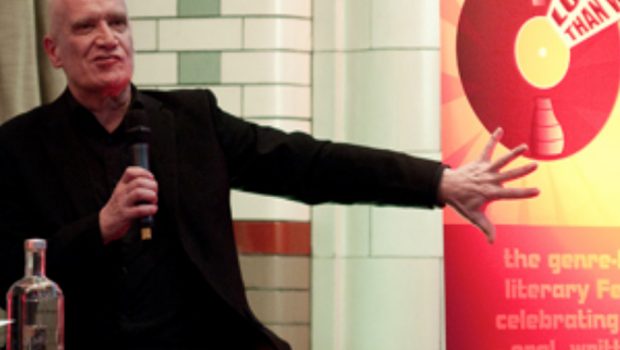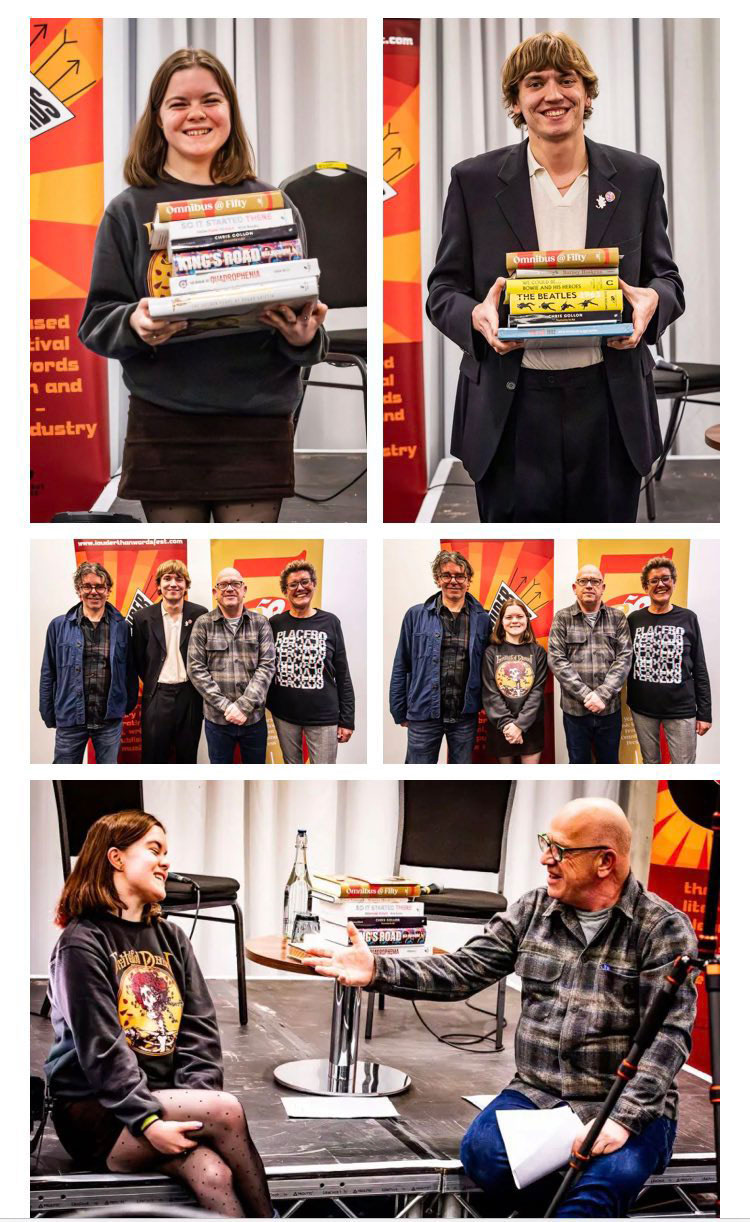
The Louder Than Words team, in partnership with Northern Gravy, Louder Than War and Omnibus Press are delighted to announce the Wilko Johnson Writing Award 2025. The award celebrates the very best in music related writing from new and aspiring writers and we’re always delighted to receive high quality entries each year.


The Wilko Johnson Writing Award 2025
We’re ready to receive your entries for this year’s award.
All aspiring music writers are invited to submit 350 words max on the following theme:
In its early years, Music Journalism used to involve writing things down. In what ways has the digital age.. and new platforms for communication… opened up music criticism, in 2025?
PRIZES:
All winners (1st, 2nd and 3rd prizes) will receive free entry to the award event at the Innside Hotel, Manchester on Sunday 16th November, 2025.
The winning entry will:
As part of their prize, the winner will receive 2 x full Festival Weekend Pass (worth over £150).
- be published on the prestigious rock journalism website ‘Louder Than War’
- be published on the Louder Than Words website
- be published by Northern Gravy
- receive an enviable collection of music books
* accurate at the time of advertising
The 2nd and 3rd prize winners will:
As part of their prize, the 2nd and 3rd prize winners will each receive 2 x Sunday Passes (worth over £60).
- Receive a number of music books
* accurate at the time of advertising
The winner and all short-listed entrants of the competition will be announced by Wednesday, 5th November 2025.
Acceptance of the prize and/or attendance at the Award event must be received in writing to admin@louderthanwordsfest.com by midnight Friday 7th November 2025, after which the prize will be awarded to the next winner in line.
COMPETITION TERMS AND CONDITIONS
1 By entering the Wilko Johnson Writing Award (©) you accept the following terms and conditions:
1.1 The competition is open to all members of the general public
1.2 Only one entry per person per Competition is allowed.
1.3 The submission must be the entrants own work.
1.4 Winners will be notified via email and will be required to respond within the time stated in the competition text.
1.5 The judge’s decision is final.
1.6 We reserve the right to request written proof of age of any winner.
1.7 We reserve the right to disqualify any entrant if we have reasonable grounds to believe the entrant has breached any of these terms and conditions.
1.8 Prizes are correct at the time of posting the competition details. Those supplied by third parties cannot be guaranteed and may be subject to change.
1.9 By entering the competition, entrants agree to take part in future publicity however, we will not pass your details to third parties without your consent.
1.10 Louder Than Words does not accept any responsibility for any damage, loss, injury or disappointment suffered by any entrant entering the Competition or as a result of accepting any prize.
